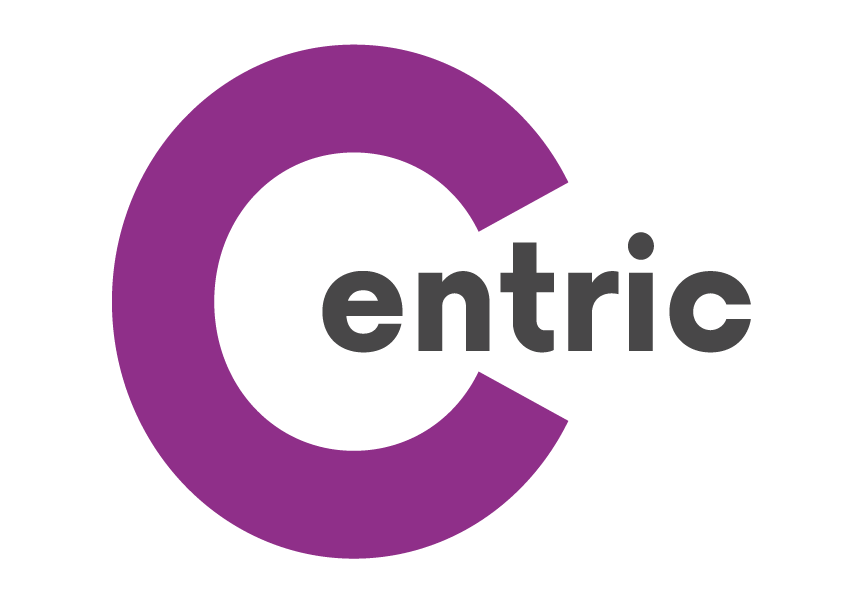In 2016, the Legal Services Consumer Panel (LSCP) reported that BAME people felt less empowered when it comes to obtaining legal advice (Hilborne, 2021). While Selita (2019) noted many people are unlikely to view existing legal salaries and fees as appropriate. Such a gap between client and lawyer can lead to discontent and miscommunication as… Continue reading Supporting Community-Based Organisations to Navigate the Legal Domain








